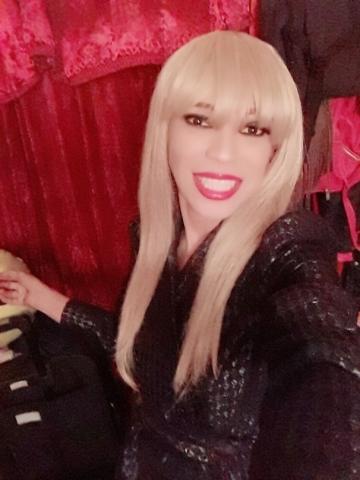Submitted by gbarrett on

On the 3rd of July Antonia Laínez (38), a popular stylist in the department of Yoro in Honduras, was shot dead in unknown circumstances.
Three days later, TV personality and journalist Santi Carbajal (32), was shot in the coastal region of Puerto Cortéz after leaving the studio with a friend who was also injured.
The following day in the capital, Tegucigalpa, two men shot dead Bessy Ferrera (40) and injured one of her colleagues.
All three victims were members of the LGBTI+ community in the northern region of Honduras, where in the last decade 327 members of this group have been murdered around the country, according to Cattrachas, an NGO working for the human rights of LGBTI+ people in Honduras.
In the Central American country, sexually diverse people face many different types of discrimination. But transgender and transsexual individuals are probably at the highest risk of becoming victims of hate crimes.
Not only do they stand out, but without gender identity regulations or access to appropriate official identity documents it is extremely difficult for them to find jobs, pushing many to prostitution, and making them an easy target.
That was the case of Bessy Ferrera, who was shot by two men on a car at 2am while she was sitting with three other transgender women on an outdoor staircase in the street where they worked. Local police have announced that two men were detained in this case – an exceptionally fast response perhaps triggered by the victim’s high profile.
Bessy had fought for the rights of the LGBTI+ community for the last 8 years. She was a journalist and an active member of Arcoiris – an NGO that provides support to victims of violence in the LGBTI+ community and advocates for the advancement of their rights in Honduras.
“To defend LGBTI+ rights in Honduras is to live with the permanent threat of violence. The killing of Bessy Ferrera is just the latest in a long line of such brutal killings in Honduras” says Jim Loughran, a spokesperson for Front Line Defenders (FLD)*.
Some of the murders are especially brutal. Rhianna Ferrera, Bessy’s sister and a HRD herself, told LGBTI+ news agency, Presentes, that a trans woman had been recently burnt alive in Cortés. Another woman in Islas de la Bahía had been stabbed and then run over by a car “to make sure she had died”.
Local media reported that last June a 20 year old bisexual man had been stoned to death in Choloma, also in Northern Honduras.
As brutal as they are, the police and the Attorney’s Office don’t seem to take them seriously as 92% of these cases remain unsolved according to the National Human Rights Commission (CONADEH).
“This has sent the message that LGBTI+ people can be killed with impunity” says Loughran.
Media personality Santiago Carbajal, who hosted TV shows “La Galaxia de Santi” and Café TV, was killed in a public place while she went for food after work with a friend. Carbajal had a long history of death threats since she was beaten last December and reported the attack. Police say they have no leads in the investigation.
In a press release issued in May this year, the IACHR recommended that Honduras adopt measures to enable the self-perceived gender identity of trans persons to be officially recognised, taking inter-American standards on this matter into account; in order to adequately diagnose the context of violence faced by LGBTI+ persons in Honduras.
The risk of being killed is so high for the sexually diverse in Honduras, that hundreds have joined other Central American migrants in their attempt to seek safety in the United States. Only this year, 28 joined a caravan heading to the Mexican border with the U.S. Another 80 were in the caravan last November. A migration path that is not free of risk or discrimination by other Central American migrants, and authorities in Mexico and the U.S.
Local NGOs that follow up on the cases of violence against LGBT+ members in Honduras point out that years ago it was mainly police and members of the military who perpetrated the attacks but that now criminal gangs, taxi drivers – in essence anyone with a gun who hates the sexually diverse – feel empowered to kill.
Jim Loughran from FLD says, “The police should be held to account for their failure to investigate these killings. At a certain point silence becomes complicity."
###
* Front Line Defenders was founded in Dublin in 2001 with the specific aim of protecting human rights defenders at risk, people who work, non-violently, for any or all of the rights enshrined in the Universal Declaration of Human Rights (UDHR).
